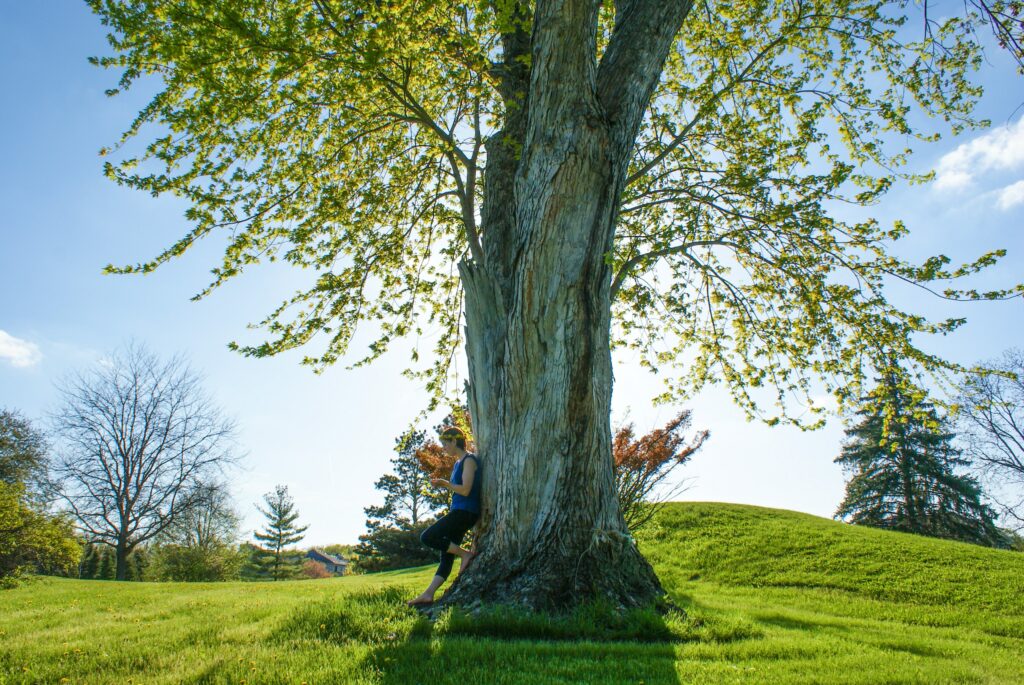
After concluding a class tour of the Prince George Public Library, I can confidently say that the PGPL is a valuable resource for teachers. This is because the PGPL’s services and resources support learning and community building. For example, they offer tours of the Library, boost two study rooms, and have various spaces within the library for patrons to gather, including spaces fashioned specifically for youth, teenagers, and adults. These spaces and opportunities open patrons to the possibility of greater learning, and connection to the community, especially through patrons’ relationship to the library.

In truth, as is captured in the first of the nine First People’s first principle of learning, community and learning are inseparable. “Learning ultimately supports the well-being of the self, the family, the community, the land, the spirits, and the ancestors” and therefore, good learning understands the role of community in learning. Community is a motivation for learning, a beneficiary of learning, and often acts as a teacher, providing lessons for learners who receive them. It is worth noting, that the community to which I am referring is larger than the scope which is attributed to it in the first principle of the FPPL. This community at large includes not only the self, the family, and the community as is commonly accepted in Western Euro-centric conceptions, but also encompasses the land, the spirits, and the ancestors, who also motivate learning, benefit from learning, and teach!
Photo from My Prince George Now
Consequently, as professionals, teachers need connections with this larger community to guide their learning for better professional development, and thus a better profession Collaborating with the PGPL in their teaching allows teachers to elevate and deepen their pedagogy, namely by helping students foster a relationship with the PGPL. As our tour guide pointed out, teachers are the greatest possible connection makers between students and their local libraries. By modelling this relationship, and affording students occasions to develop a relationship with the PGPL, teachers are supporting student access to learning and, so, to greater well-being for all: the ancestors, the spirits, the land, the community, the family, and the self–the student and the teacher.

Photo by Kristy Kravchenk on Unsplash